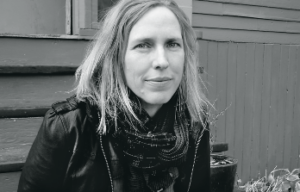

As part of an exiled family, he has suffered a different kind of injury at the hands of the community and is no longer of the community nor a true outsider. In the book, the character August records the meeting for the women, who can neither read nor write. The women are at times tender toward one another and at others bitterly antagonistic, their conversation a nascent feminist movement in a Mennonite community.

Toews wrestles with the fundamental question of their faith and the ways it conflicts with their rights as women and as humans in a two-day conversation that is theological, philosophical, practical, and emotional. The novel’s terrible irony is that the cost of maintaining the community’s pacifist image is the women’s silence in the face of grievous sexual violation by community members.


Women Talking is a novelist’s response to these true events, a fictional conversation among some of the women while the accused are away in the city on trial. Although Mennonite communities are usually self-policing, allowing the men to remain in the community was untenable - one man was hanged - so leaders sought the help of Bolivian police. One woman finally caught a perpetrator entering a bedroom window one night and the truth was known: community men were using animal-grade sedative to subdue their victims and then sexually assaulting them, some of whom were children. When they finally talked to community leaders, they were told that the attacks were the work of the Devil, the product of wild female imaginations, or punishment for unspecified sins. In the isolated Mennonite community there, women were waking groggy and bleeding, some having been sexually violated. IN 2010, novelist Miriam Toews became aware of rumors circulating among the Mennonite community about sexual attacks in Bolivia.


 0 kommentar(er)
0 kommentar(er)
